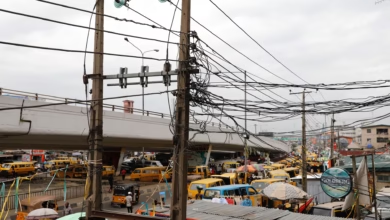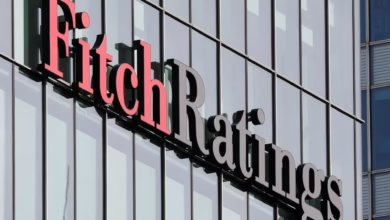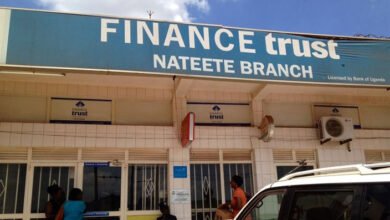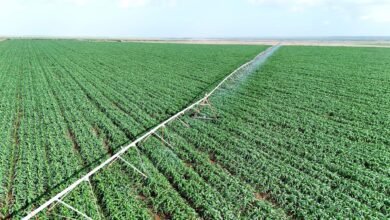
In 2001, Jim O’Neill an economist chairing the Goldman Sachs Asset Management, did a publication ‘Building Better Economic BRICs’, where he coined the name BRIC to refer to the world emerging markets of Brazil, Russia, India and China. Jim noted that the four economies were by then the fastest-growing economies that would collectively dominate the global economy by 2050 – ceterus peribus I would have added.
The four nations Jim mentioned ran with the name and formed the bloc and later in 2010, admitted South Africa to make it BRICS, probably to cater for the Africa’s interest.
The bloc sits on more than a quarter of the global land which is a combined area of 39,746,220 km2 and enjoys an estimated total population of about 3.21 billion which is about 41.5% of the global population. BRICS commands a combined GDP of US$28.06 trillion which is about 26.6% of the gross world product.
The bloc, among other agenda, was determined to take up the Breton Woods institutions and challenge the western dominated global financial systems. The bloc moved ahead and established the Brics Development Bank later named the New Development Bank that opened doors in 2017 which has since funded various multiple projects. Unlike with the Breton Woods financial institutions, NDB uses the local currencies and has no conditions attached. The NDB however dares to function in a world where 60% of the world reserve is in dollar and over 88% of global transactions is concluded in the green buck.
Although the idea of the bloc is considered noble and the members all agree on challenging the western monetary hegemony, the bloc may be sitting on quick sand as each member has inherently a national priority determined to pursue. There also while exists cracks within the member states that seem to be growing from bad to worse. The 2001 assumption by Jim O’Neill may no longer be varied as the factors contributing to the then emerging markets have been disrupted within the two decades by the current war between Russia and Ukraine, the just concluded Covid-19 scourge, the high deflation in China and its contracted import and export trade leading to reduced growth rate from the double digit in 2001 to estimated 5.1% in 2023. Brazil on the other hand has a growing and worsening inequality that threatens its sustainability. South Africa is seen as an underdog in this relationship as its GDP is about 2% that of China – ‘an equal member’ in the bloc’s agenda.
Russia blames the West in its war with Ukraine. Putin’s key agenda within the bloc is to seek allies to support its invasion – this was evident in his on-line remarks in the 15th BRICS summit. Russia is therefore pushing for expansion and getting more members into the bloc. China is quick to agree on expansionist agenda so as to get enough allies and engage the USA in their continued trade way. India and Brazil however, wants thorough vetting of membership as the two feels their original agenda will be diluted.
Although China supports Russia in the Ukraine invasion, India is quick not to take sides as it has a strong historical ties with Russia and a growing economic relations with the USA and wants to maintain both.
Narenda Mori and Xi Jinping had a ‘candid and an in-depth exchange of views’ in Johannesburg last month on heightened concerns of the Himalayan frontier. Beijing however has gone ahead to produce a contested map of China claiming two parts of India’s territories, and renaming areas, this worsens the BRICS relationship.
Although it has been alleged that 40 countries have shown interest of admission into the bloc, only 13 have formerly applied. In their summit, the bloc has agreed to admit new BRICS members who again bring their own challenges. Iran contends with U.S. sanctions over its nuclear program, while Egypt has faced economic pressures while Argentina recently sharply devaluing peso and hiked up interest rates. The UAE and Saudi Arabia are both actively pursuing growth in nonoil sectors, even as Riyadh faces ongoing Western criticism of its human rights record highly inclined into highly theological leadership in place of embracing democracy.
Evidently, the bloc has more divisions than what is joining them. The African nations should concentrate in developing and supporting their agenda mainly the African Continent Free Trade Area and other financial and transactions settlement systems that relieves them of any externalities. African nations should further should avoid unjust and exploitative relationships that currently exists with not only the west but also with all other developed nations.





